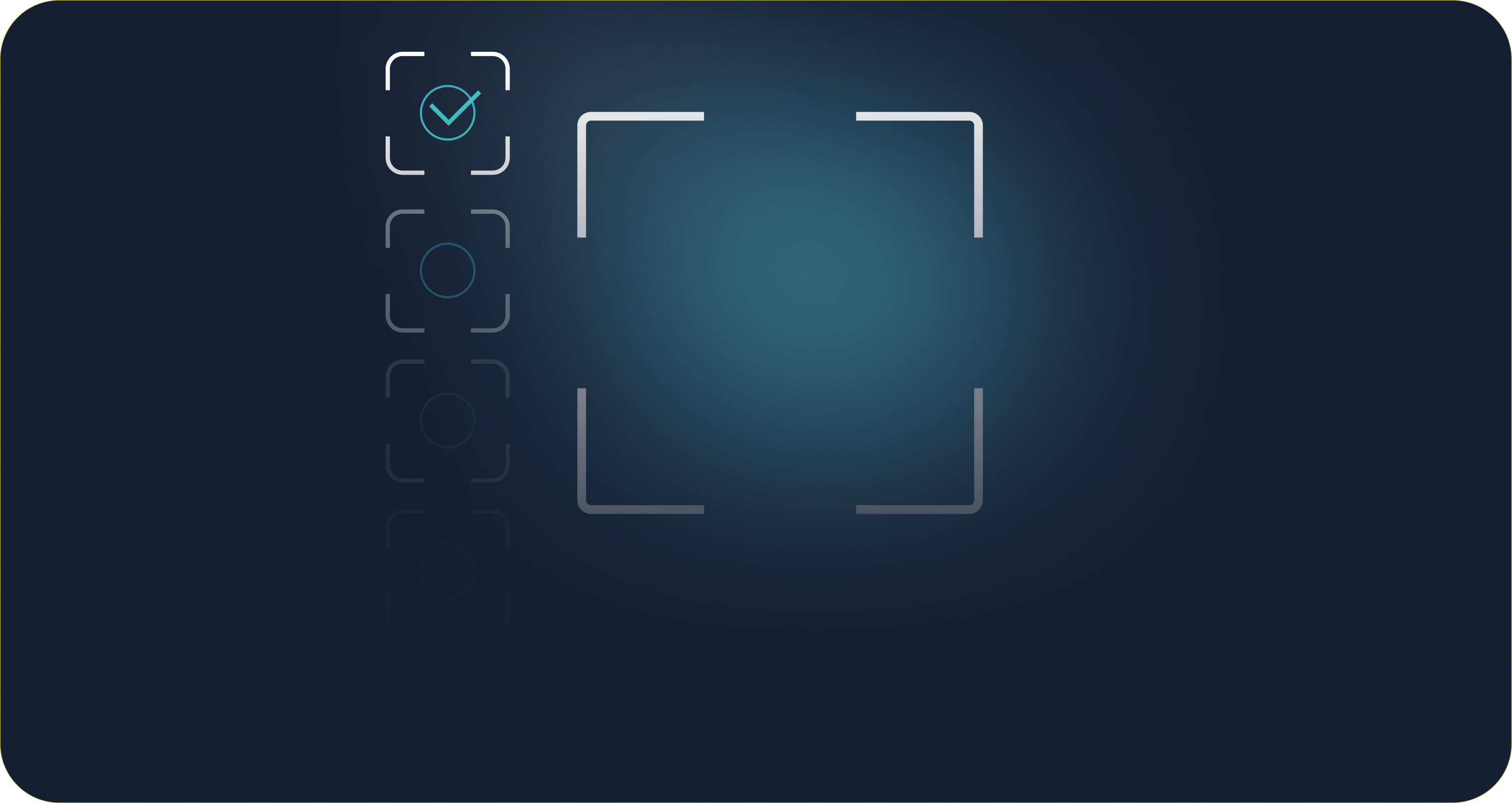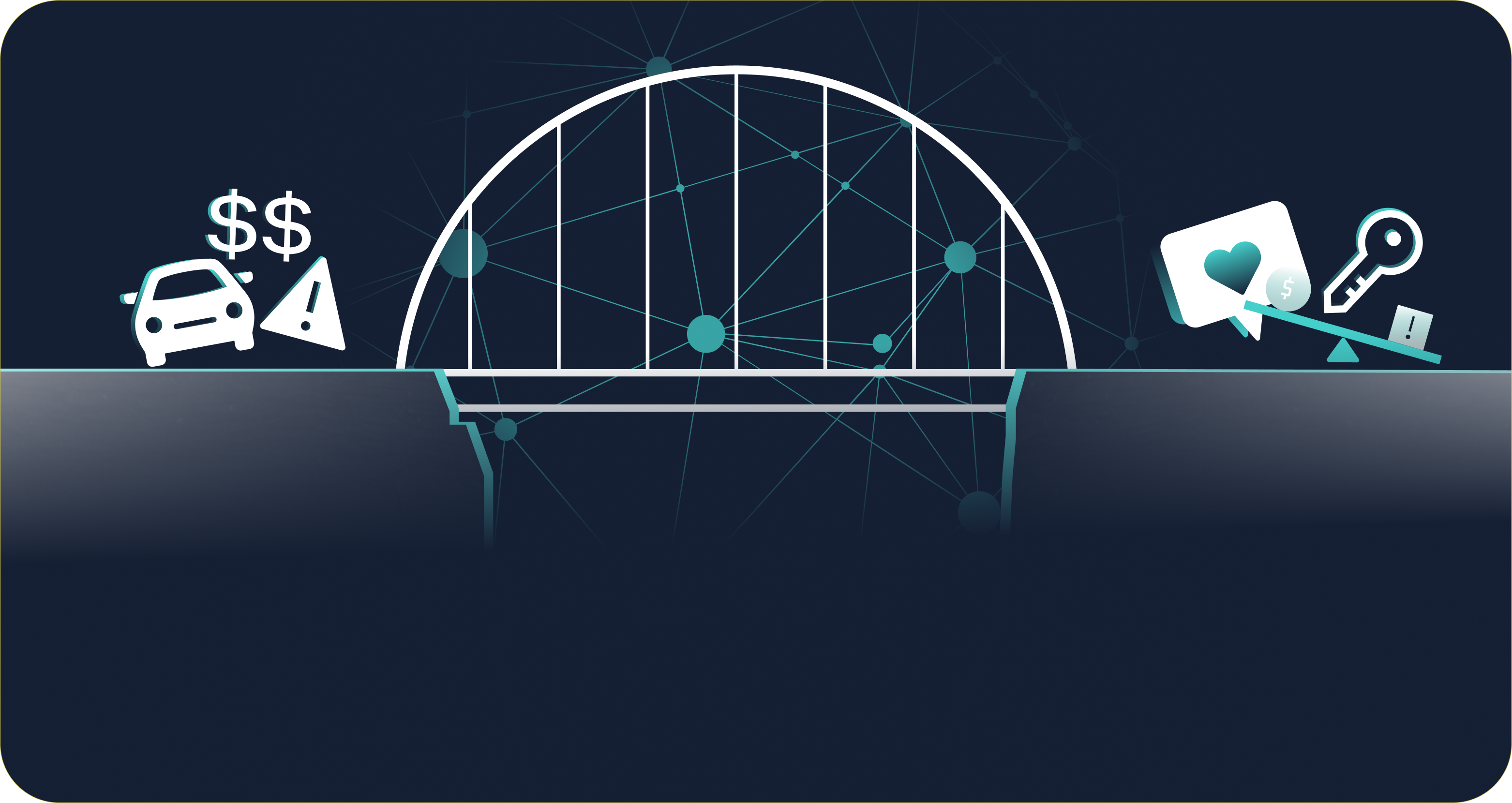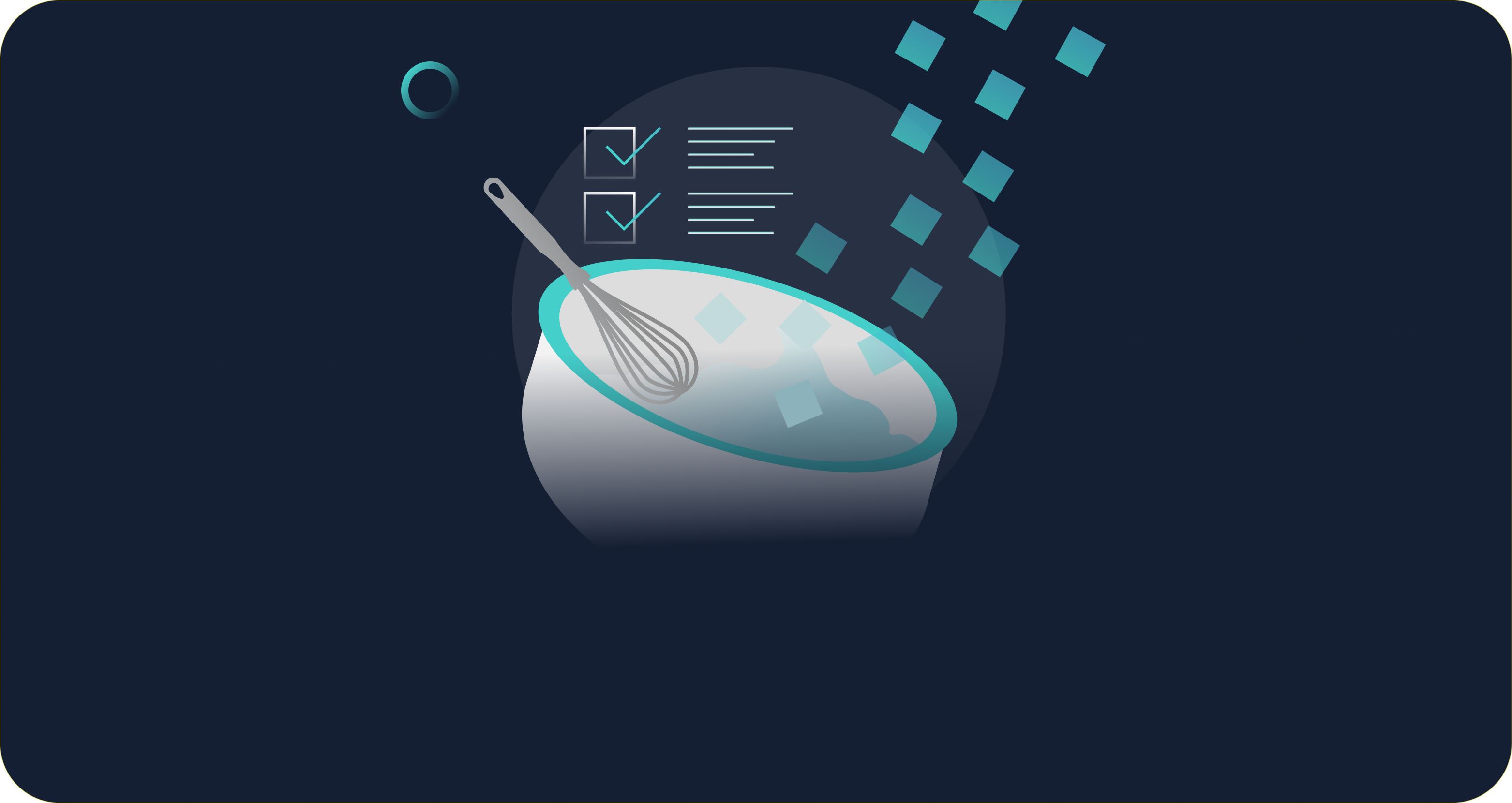5 tech tips to boost work focus

It’s coming… the biggest distraction and reason to put things off-–the end of the year. Much like resolutions, we know that putting off critical things like budget audits, strategic planning, industry and initiative research, and self-development can cause regret down the line. For your own career goals and setting up your organization’s success, there are ways to harness technology and AI to stay focused, proactive, and most importantly, not overwhelmed.
Chaos got you down? These five tips will help you steer the course.
1. Automate, automate, automate
Do you want to have more time for the gym? Would you like to get an early start on that gift list? Are you bogged down by tedious tasks like hunting for information, herding cats, and manual processes to get the boxes at work checked?
Not to fear, automation is here. Find ways to use tech like robotic process automation (RPA), or functionality inherent in your commonly used software that allows for administrative tasks and information to flow easily throughout your organization. Take inventory of the tasks you have to do regularly–like updating values on a spreadsheet, distributing info to a group, consolidating and reviewing reports and other manual things, and put them on auto-pilot.
For example, technology like Google’s autofill functions can help speed up the flow of information, or grammar checkers like Grammarly can make the writing process smoother. Your solution can even be as simple as having a generative AI tool (like ChatGPT) summarize lengthy reports into a bulleted summary to blast out on scheduled emails or Slack channels. Find the core of the frustration, and see where technology can fill the gap.
2. A happy mind is a focused mind
By now, it’s pretty obvious that it’s important to take breaks and practice some mindfulness skills like taking deep breaths and taking time in nature. While we know the importance of these skills, how do we cultivate them?
Sometimes, the best technology is none at all. It’s important to recognize when you need to turn it off and recharge in reality. For those who need support to practice mindfulness with the help of tech, these apps can help you stay focused and turn off unwanted notifications.
Incorporate self-care regularly, and prioritize it. This means no work, family, or friend obligations—just you! Use technology to start an exercise routine, or wellness apps like Calm and Headspace can give you techniques and reminders for managing stress and anxiety.
3. Form the human network
Another saying goes that if you’re the smartest person in the room, you should be in a different room. There’s so much we can learn from industry experts, whether they’re part of financial institutions or fintechs. Find who those people are in your network, and see what they have to say. Maybe here you can point to things like LinkedIn groups, and industry and peer connections–schedule a video call and connect. With tools like Zoom and Google Meet–AI can quickly and effectively transcribe your call so you can focus on the person and get the notes to review later.
There’s only so much you can learn on Google!
4. Practice makes perfect
According to IBM, executives estimate that 40% of their workforce will need to reskill within the next three years due to AI. That’s a pretty overwhelming statistic. But reskilling might simply mean familiarity with new tools.
They say it takes 10,000 hours to perfect a skill. Organization and familiarity with new technology (15 years ago it was your smartphone, and today it’s ChatGPT) takes time and practice, no matter how intuitive it’s engineered to be. Likely, it won’t take even close to 10,000 hours. Sitting down for five minutes every day to practice with an AI tool, whether it’s ChatGPT or utilizing Slack’s new AI features, will make the sea of new technology much more approachable. The key thing is to take the time and start now.
5. Be proactive, not reactive
While we’re all in favor of a good process, unexpected events happen. How could anyone have predicted the COVID-19 pandemic in 2020, and how it would affect financial institutions today? The strongest organizations were those that could do their best to pivot with each market swing, looking at the macroeconomic landscape and steering their processes accordingly.
It’s okay if the unexpected happens. Fortunately, AI has come a long way in finding solutions for organizations to be agile and durable. Research and invest in technology throughout your operations that allows you to make quick, informed decisions that prevent issues from cropping up instead of putting out fires. For example, the ability to make accurate predictions based on large amounts of data so that big events, like fraud or assessing risk, don’t take as big of a toll. This saves time, sanity, and allows you to focus on moving forward more than assessing the past.
While there’s no such thing as perfect, practice promotes a growth mindset and helps us manage life’s increasing demands better. By implementing these tips—establishing clear processes, staying adaptable, developing new skills, building strong networks, and prioritizing mindfulness—you’ll be well-equipped to navigate the road ahead with focus and resilience.
Aaron Long — Head of Business Development
Aaron is a native of St. Louis, MO and currently resides in Atlanta, GA with his two teenagers. He believes people are the core of every business and if you invest in them, you are investing in the long-term success of your company. Aaron has spent over twenty years leading teams that are motivated to win together and partnering with clients to ensure their success.

